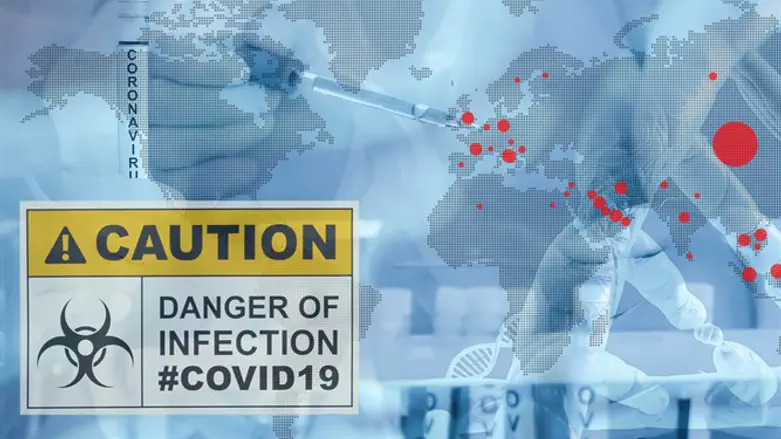
According to the results of a study released on Wednesday, published in the peer-reviewed journal Nature Communications, the coronavirus is mutating rapidly as it spreads around the world, but none of the currently identified mutations has been associated with higher rates of transmission.
Reuters notes that the study commenced this spring and that preliminary results were made public as early as May – and even at that stage, scientists had identified at least 12,706 mutations of Covid-19.
The study was conducted by researchers at University College London (UCL), the University of Oxford, and from Cirad and Universite de la Reunion in France, and analyzed virus genomes from 46,723 people with a coronavirus diagnosis, in 99 countries. Out of the around 13,000 mutations found, 398 occurred repeatedly and independently. Scientists then focused on 185 mutations that occurred at least three times each, independently, and found no evidence that these mutations were responsible for an increase in transmission rates – most mutations were found to be neutral in terms of their effect on humans, they concluded.
“Fortunately, we found that none of these mutations are making COVID-19 spread more rapidly,” said Lucy van Dorp, a professor at UCL’s Genetics Institute and one of the co-lead researchers on the study.
Nonetheless, she added that, “We need to remain vigilant and continue monitoring new mutations, particularly as vaccines get rolled out.”
Francois Balloux, another UCL professor who worked on the study, said that despite the large number of mutations identified, they did not currently pose a threat to the efficacy of any potential vaccine for coronavirus. He did admit, however, that once vaccines are introduced into the general population, possibly as early as the end of this year, the virus could adapt more effectively in order to evade the human immune response.
“The news on the vaccine front looks great,” he said. “The virus may well acquire vaccine-escape mutations in the future, but we’re confident we’ll be able to flag them up promptly, which would allow updating the vaccines in time if required.”
